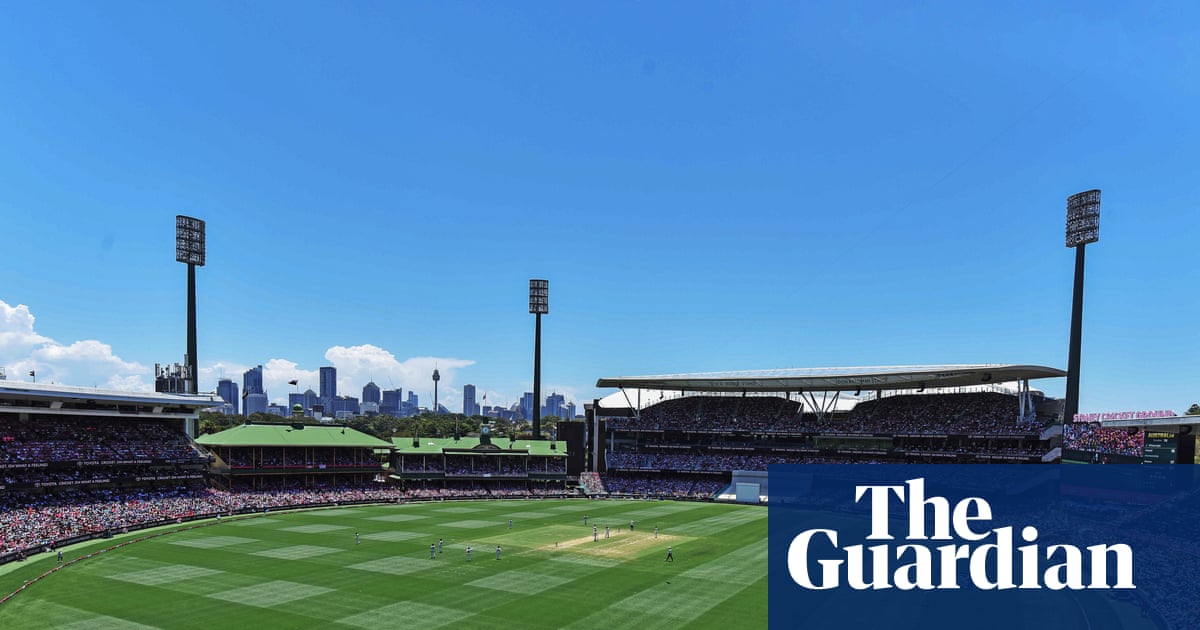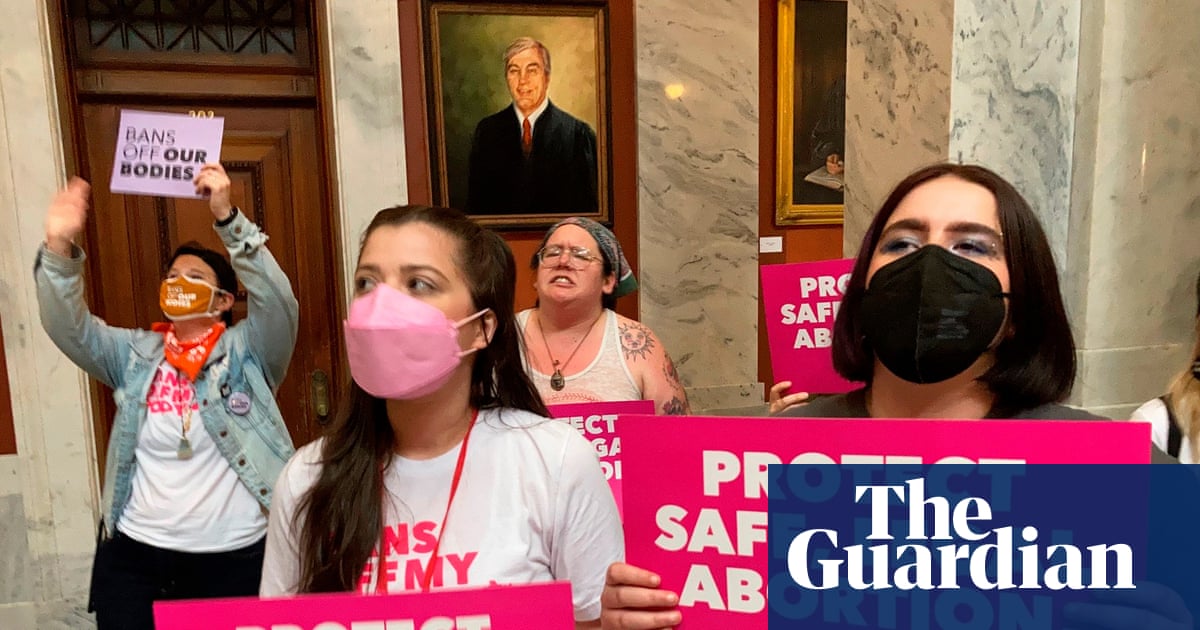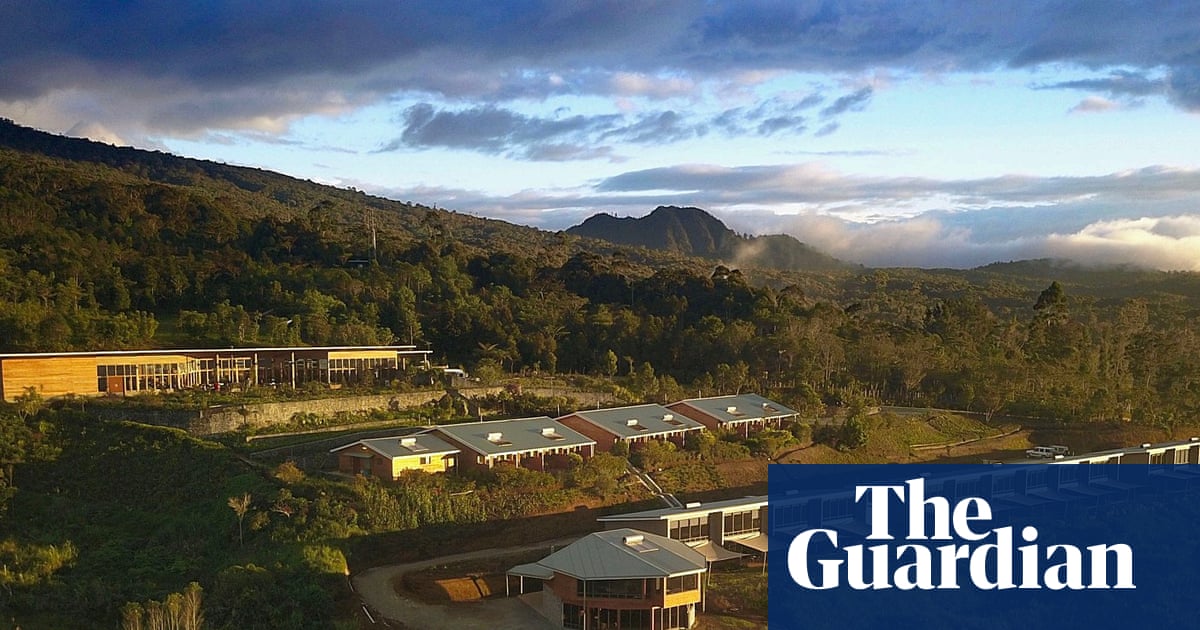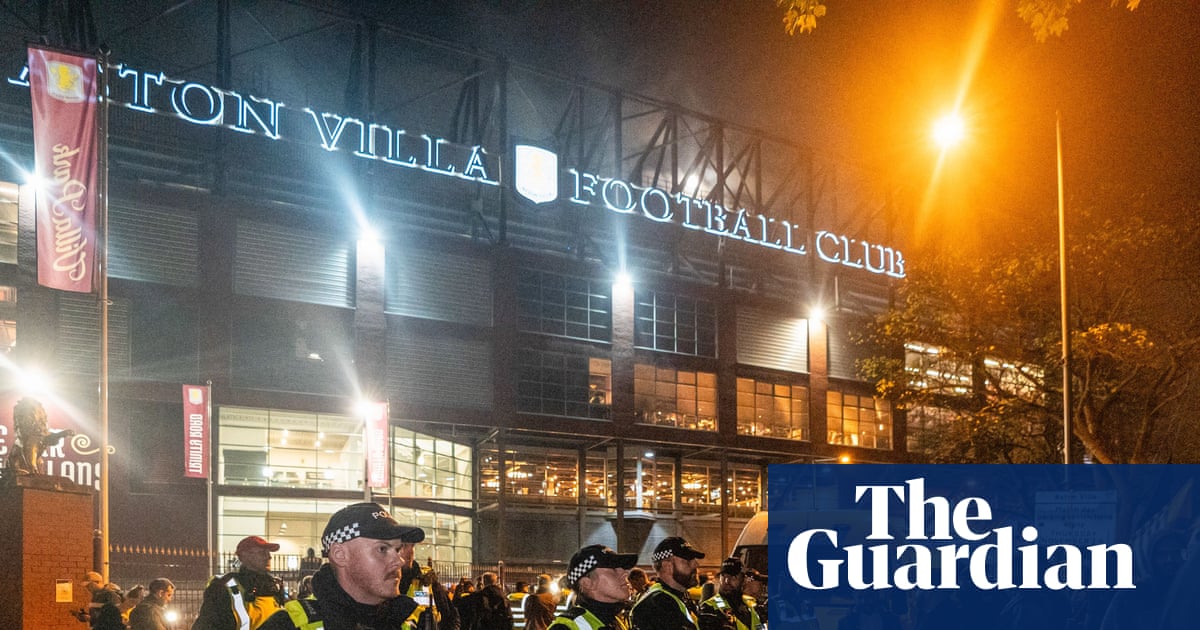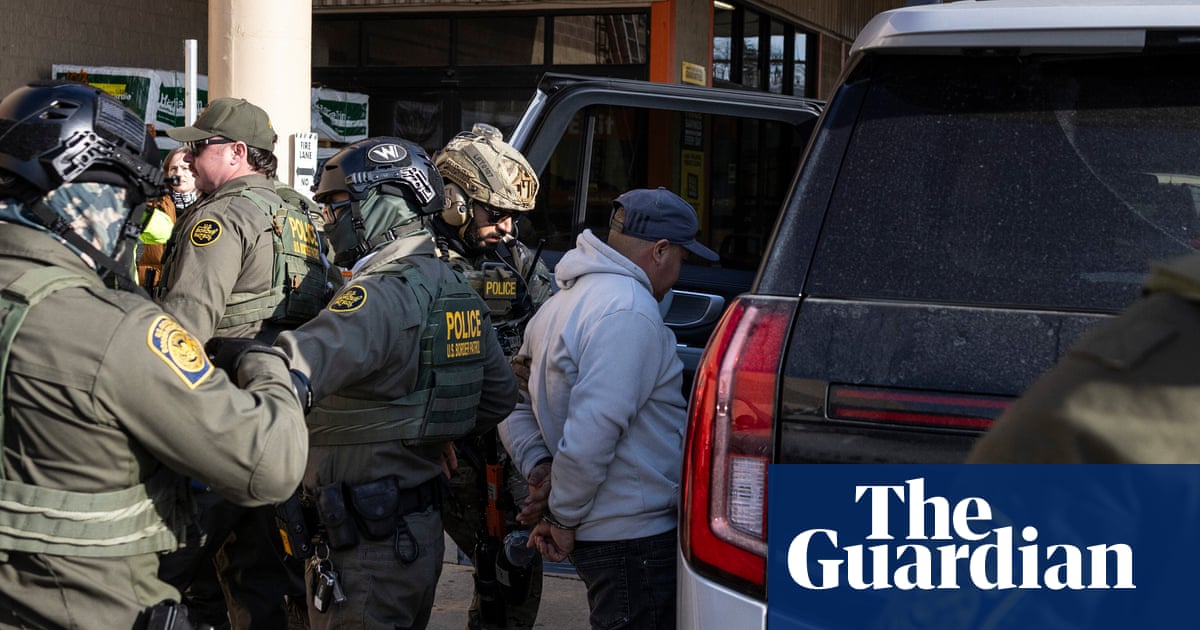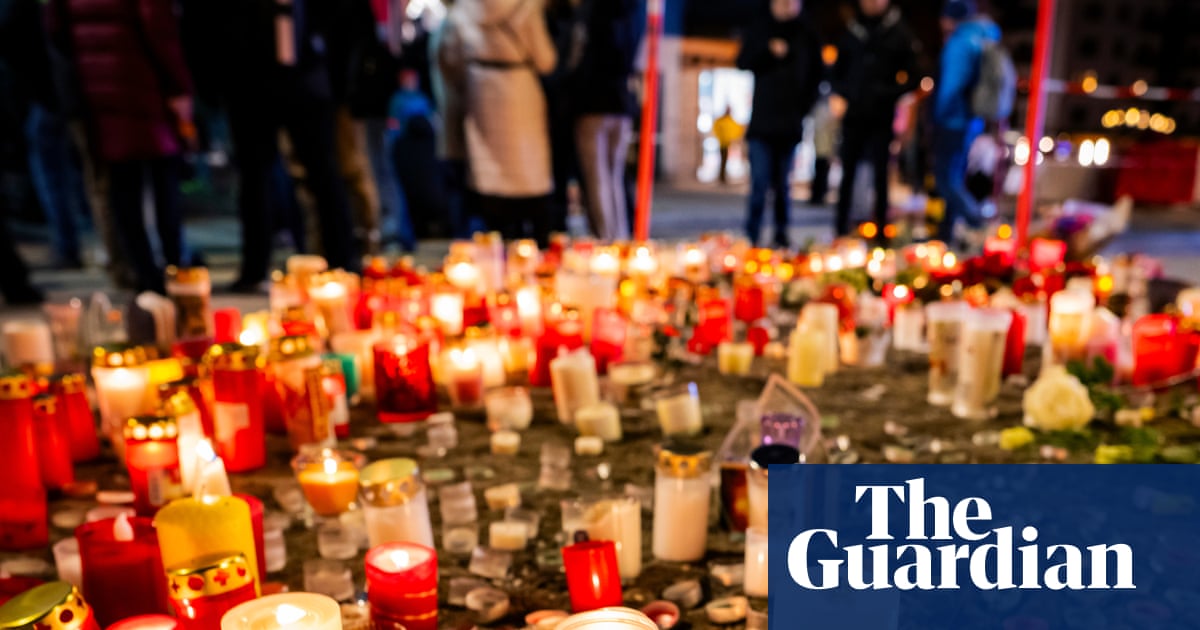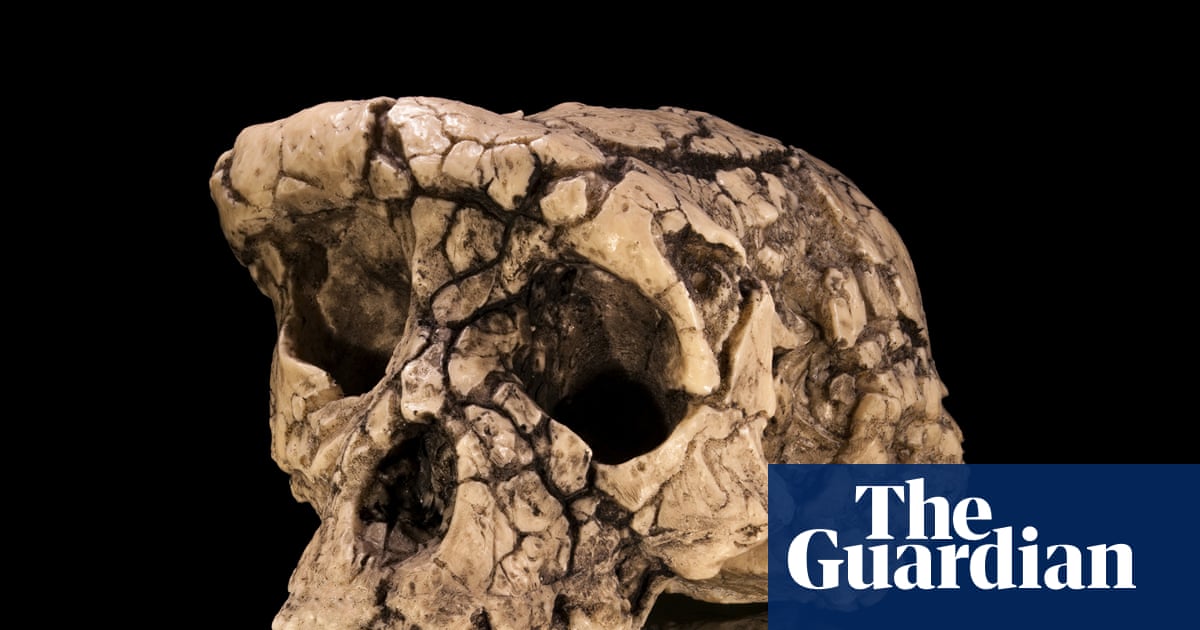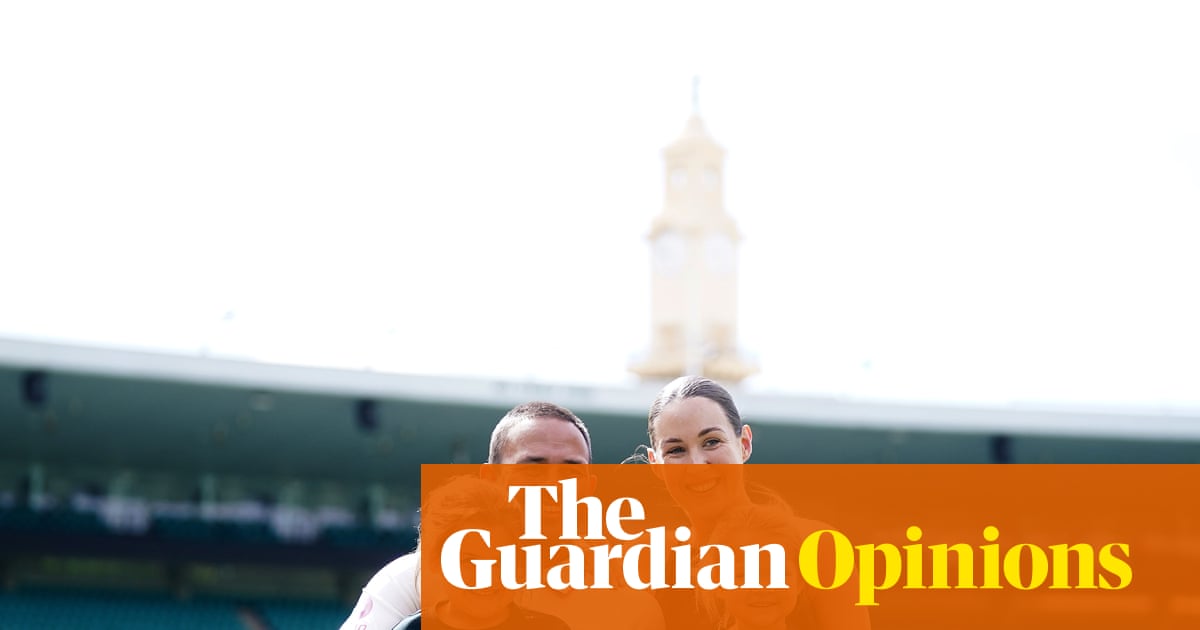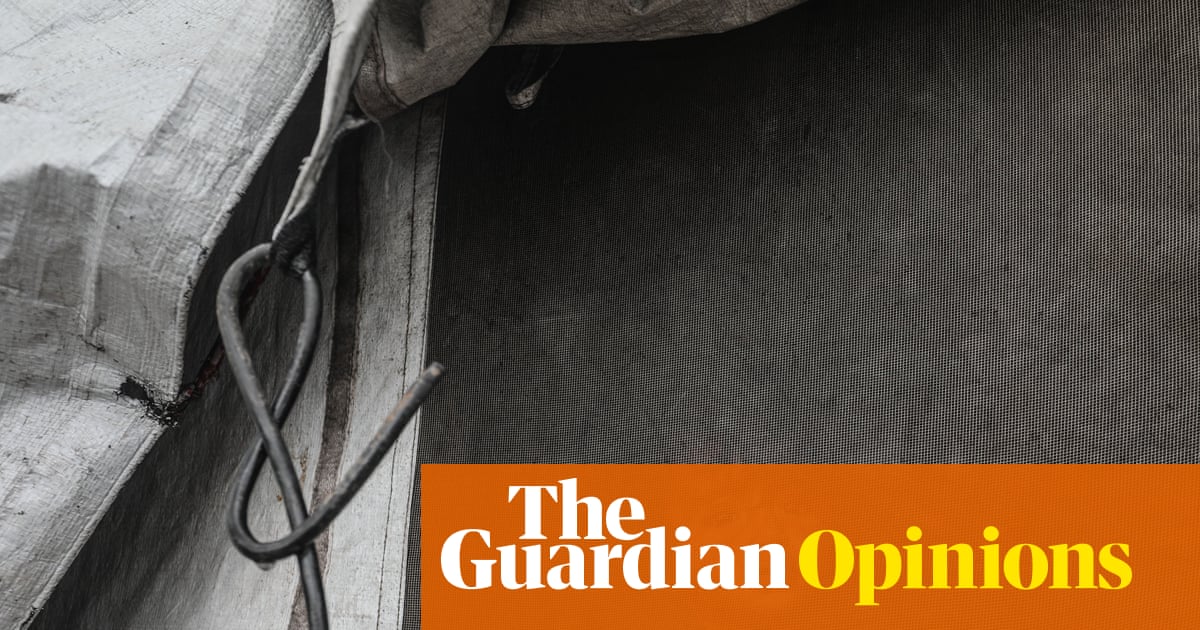Mariam Sabbah had been fast asleep, huddled under a blanket with her siblings, when an Israeli missile tore through her home in Deir al-Balah, central Gaza, in the early hours of 1 March.
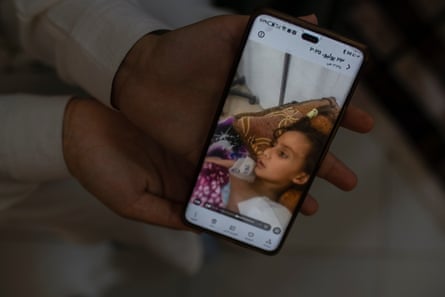
The missile narrowly missed the sleeping children but as the terrified nine-year-old ran to her parents, a second one hit. “I saw her coming towards me but suddenly there was another explosion and she vanished into the smoke,” says her mother, Fatma Salman.
As the parents searched desperately for their children, they found Mariam lying unconscious in a pool of blood; her left arm was ripped off, shards of shrapnel had pierced through her small body, and she was bleeding heavily from her abdomen.
As well as losing her arm, the blast left Mariam with severe abdominal and pelvic injuries from shrapnel tearing through her bladder, uterus, and bowel.
“Mariam needs specialised paediatric reconstructive surgery,” says Dr Mohammed Tahir, a British surgeon who treated Mariam while volunteering at al-Aqsa hospital in Gaza. “Her arm amputation is also very high and requires limb lengthening and specialist prosthesis. Without this, it will be very difficult for her to live a normal life.”

Mariam is one of tens of thousands of people in Gaza who have been injured and disfigured by Israeli military attacks over the past 23 months, which have also killed more than 64,000, mainly women and children.
Repeated military strikes and attacks on Gaza’s hospitals and Israel’s blockade of basic goods and supplies into the territory have left the health sector devastated and doctors without the means to treat the sick, injured, and famished.
Since October 2023, 7,672 patients, including 5,332 children, have been medically evacuated from Gaza for urgent treatment abroad, but trying to get a medical evacuation organised and approved is a slow, arduous and heavily vetted process.
So far over 700 patients – many of them children – have died waiting for permission to be granted permission by the Israeli authorities to leave Gaza by Cogat, the Israeli government department responsible for approving medical evacuations, according to the WHO.

Mariam and her family were no exception. After securing the offer of surgical care from a specialist team in Ohio, the little girl waited two months to be given permission from Cogat to leave Gaza, by which time her condition had deteriorated. She was finallyevacuated to Egypt but was then stuck for months waiting for her US travel documents to be processed.
Then, just a few days before her appointment at the embassy in Cairo to approve her visa, the US suddenly stopped issuing visas for Palestinians – including children – to be treated in US hospitals.
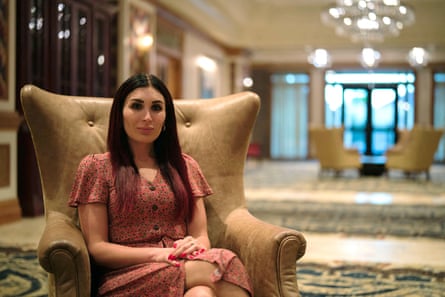
The decision followed an online pressure campaign by Laura Loomer, a far-right influencer close to Donald Trump, who had posted pictures and videos of evacuated patients from Gaza arriving on US soil on social media channels and asking “Why are any Islamic invaders coming into the US under the Trump admin?”
Despite the rhetoric surrounding the visa ban – with Loomer hailing the move as a victory on social media channels and saying it would stop “this invasion of our country”, the US has only accepted a total of 48 medical evacuations from Gaza, according to the figures provided to the Guardian by WHO. In comparison, 3,995 and 1,450 critically injured people have been evacuated to Egypt and the UAE respectively from Gaza. The UK has so far accepted 13.
Medical NGOs say that around 20 severely wounded children have been affected by the ban, and are now stuck in transit countries with nowhere to go and with the treatment needed to save them dangerously out of reach.
Since receiving the news that she had been blocked from receiving treatment, Salman has been unable to console her daughter. “She won’t leave her bed or stop crying,” she says. “Mariam had placed all her hopes of getting better on her medical treatment in the US.”
A few wards down, and also now stuck in Egypt after the US visa ban, is 18-year-old Nasser al-Najjar, who can no longer bear to look at himself in the mirror.
after newsletter promotion

After becoming displaced, Najjar and his family were sheltering at a school in Jabaliya, northern Gaza, when it was targeted in an Israeli airstrike in January. The 18-year-old suffered devastating injuries to his face and jaw that left him completely disfigured; he lost his left eye, his nose was severed and his jaw shattered – leaving him unable to breathe, eat or speak properly.
“I once took pride in my appearance but now I don’t even recognise myself,” says Najjar, his voice raspy and breathless.
The teenager requires extensive reconstructive and cosmetic surgery that is not available in Egypt and doctors have warned that without the operations, his condition will deteriorate.
He has been offered treatment at the El Paso children’s hospital in Texas, where specialist doctors are waiting to operate on him, but it is now uncertain if Najjar will ever be permitted to go.

The weight of uncertainty takes a heavy mental toll. Ahmed Duweik already suffers from phantom limb pain; sharp, stabbing sensations that come and go unpredictably and leave him screaming in agony. But since learning that his medical trip to the US might not go ahead, the 10-year-old has become withdrawn and emotionally unresponsive.

Ahmed was also asleep at home when the missiles struck the Nuseirat refugee camp in the middle of the night. During the bombing, he suffered horrific injuries with shrapnel penetrating his entire body; he was left with an amputated arm, soft tissue loss in his right thigh, and severe nerve and vascular damage.
Ahmed requires complex reconstructive surgery and prosthetic fitting that are not available in Egypt. Since the attack, he has developed severe psychological trauma and is unable to sleep, waking up every night crying and screaming, clinging to his mother in fear.
Doctors warn that if Ahmed’s treatment is delayed any further, his condition will continue to worsen.
Dr Mosab Nasser, chief executive of FAJR Global, the medical aid organisation that managed to evacuate the children from Gaza and was due to arrange their surgical care in the US, said the visa ban had imposed an “indirect death penalty on the most innocent victims of this war”.

“We’re talking about a handful of children suffering from severe, life threatening injuries,” he says. “These medical evacuations are a lifeline for these kids and we urge the US government to reject such divisive rhetoric and reaffirm its role as a temporary safe haven for those who so desperately need it.”
In a statement to the Guardian, a US state department spokesperson confirmed it had paused the visas and would take the time necessary to conduct a full and thorough review, adding: “There are many countries around the world with great hospitals that should be stepping up to provide assistance, including France, Australia, UK, and Canada to name a few.”
For now, a bleak Egyptian hospital has become the children’s home, where they have been stuck in limbo since the visa ban, with no designated doctors and limited specialist expertise to treat their extensive war injuries. The families are confined to small, sweltering and cramped rooms. None of them have any idea what comes next.
“We feel so powerless,” says Khatib, as she sits beside her son. “All we can do is pray that his visa approval comes before death does.”

 3 months ago
60
3 months ago
60

